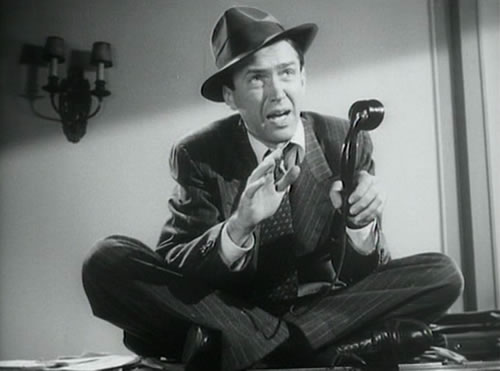
Custer's Last Stand
It's important to realise something about the western genre, whilst the 50s saw them dominating the big screen by the 60s their popularity was on the decline and whilst there were still some good westerns during the 60s there were many which felt desperate, clinging on to their once popularity. "The Great Sioux Massacre" feels exactly like one of those desperately clinging on to the past, delivering a storyline which whilst based on the exploits of Col. George Custer feels very ordinary. In fact "The Great Sioux Massacre" is actually a surprisingly dull movie considering it has a trio of stars in Joseph Cotten, Darren McGavin and Philip Carey.
Whilst "The Great Sioux Massacre" starts with a war hearing in Washington over what happened at the Battle of Little Bighorn it is really just the lead in to what is a look at the life of George Custer, told through the eyes of Captain Benton who served under him. Now this is very much a three part movie which starts with portraying Custer not as an Indian fighter but a savvy peace keeper and leader. We witness him outsmarting the Sioux Indians and by doing so getting what he wants, which is the release of women, without resorting to blood shed. We also witness how he disagrees with the way the Indian nation has been treated as a whole, which leads him to go to Washington and fight a political war. None of which to be honest is that interesting, in fact the opening 20 minutes which also introduces us to Captain Benton and Major Reno is dull. Even the issues between Benton and Reno harking back to the civil war fail to make this opening any more interesting.

The middle section focuses on Custer's failed attempt at changing people's minds in Washington leading to a court martial. And at the same time we see the issues between Benton and Reno escalate especially when it comes to one of them being picked to take over Command permanently. Now again it is all very dull and rather cheesy especially when with half the movie building up the fact that Reno whole heartedly hates Benton suddenly changes his opinion. Reno's abrupt character change is not the only one which fees wrong as there is the scout Dakota who detests all Indians but then changes his mind. And we also have Custer changing his ways as he is offered a new chance at politics but in order to do so has to become the heroic Indian fighter.
This leads to the third section which has Custer driven on by political ambition making war with the Indians, leading the 7th Cavalry on brutal assaults where as long as there was victory he did not care how many men died. In fact so driven that we have a portrait of Custer as a man willing to kill deserters in cold blood for going against him leading leads to Benton, Reno and Dakota at odds with what Custer is up to as he turns into a power mad leader and of course the last stand at Little Big Horn.
The thing is that whilst it highlights the change in Custer's character and motives going from a clever leader to one fuelled by political ambition it is all remarkably dull. The action often feels stock and from what I understand some of the footage even comes from an earlier western. The characters change with little reason and the romantic subplot between Benton and Reno's daughter doesn't even feel enough to be classed as padding.
But the most disappointing thing is that considering the talent in the trio of Joseph Cotten, Darren McGavin and Philip Carey it feels like none of them wanted to make the movie. For the first two thirds it feels like the trio were just going through their paces, delivering their lines without any real conviction and basically doing just about the minimum. During the final third with Custer leading men on blood thirsty battles it does feel a little bit more passionate but even then that's more to do with the fact that we have more action and more energy rather than what Cotten, McGavin and Carey deliver.
What this all boils down to is that "The Great Sioux Massacre" feels like a 50s mass produced western and so with it being made in the 60s feels like it is desperately holding on to the past. I am no historian so it may be an accurate portrayal of Custer and what lead him to his last stand but as a western it is dull and disjointed with only the final third really finding its stride.





















